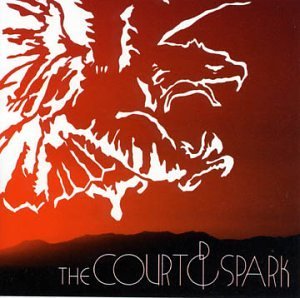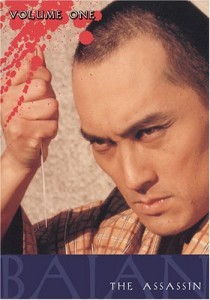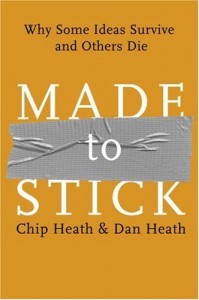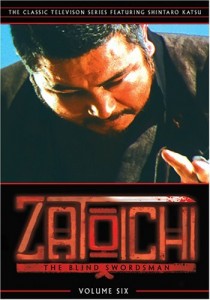In 2006, Bishop Allen released an EP for each month, titled (appropriately) January, February, …, November, December. They were selling for $6 a pop, and at least for the first several months, came hand addressed to you, with stamp, which is kind of cool. 11 of the EPs had 4 songs each, and the August EP had 13 live tracks (of which some songs were previously unreleased). I liked Charm School, and I liked the idea of a band putting stuff out regularly, so I bought all 12 over the course of the last 15 months or so. I've finally got them all, and have listened to them all, and I can compile here a kind of best of from the year of EPs.
My 2006 Bishop Allen Best-Of
- Corazon (January)
- Queen of the Rummage Sale (February)
- Central Booking (February)
- Flight 180 (April)
- Chinatown Bus (May)
- The Same Fire (June)
- Walk on By (July)
- The Monitor (Live – August)
- The Flood (Live – August)
- Fireflies (September)
- Tea for Two (November)
- Last Chance America (December)
You may notice nothing from March or October is on the list, although "The Monitor" first appears on March, before the live version I like on August. Those are simply my twelve favorites. Along with that, I need to nominate 2 dogs: "Black Suburbans", which is pretty awful, and "Abe Lincoln", which mostly sounds like filler from Charm School and then suddenly ends with a crack at Ronald Reagan that the rest of the song hadn't earned.
I figure an average of 1 good song per 4 song EP is pretty good, really, and while they had some processing and shipping delays, people who wanted to get the music right away could always have paid an extra $1 to download the songs as soon as they were announced.
Still, grain of salt here, some people don't much like Bishop Allen, and if you didn't like Charm School, there isn't really anything the EPs that would make me try to convince you to give them another look. If anything, I'd say their sound is pretty coherent, but of course, we're talking about 13 releases in 2 years, so you wouldn't expect a ton of variety in that span.
More later this week on Baian the Assassin 2-4.




